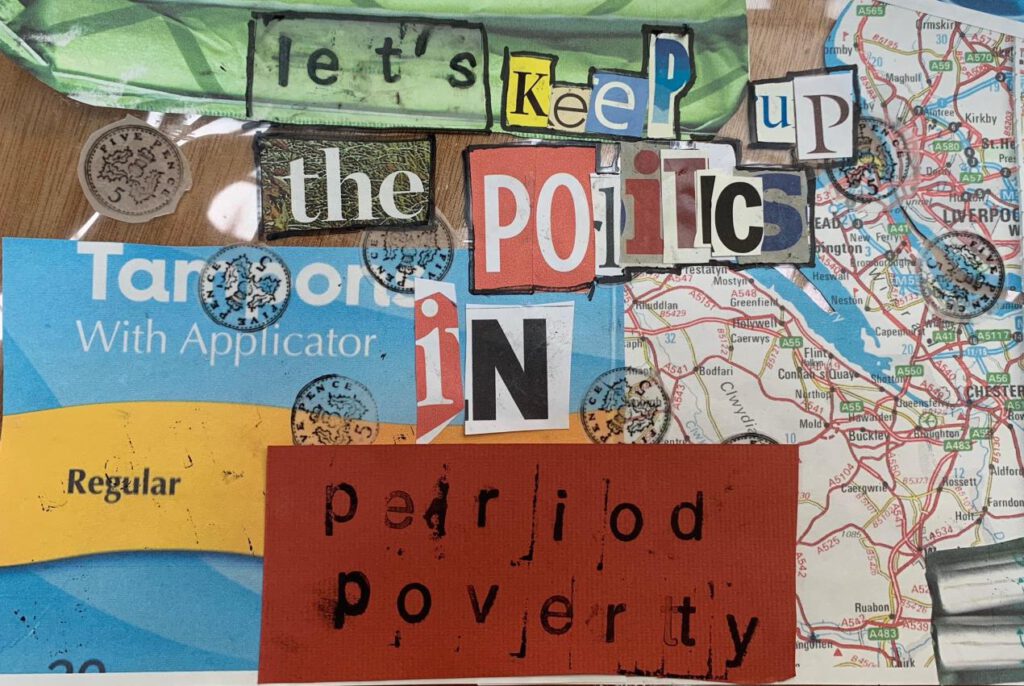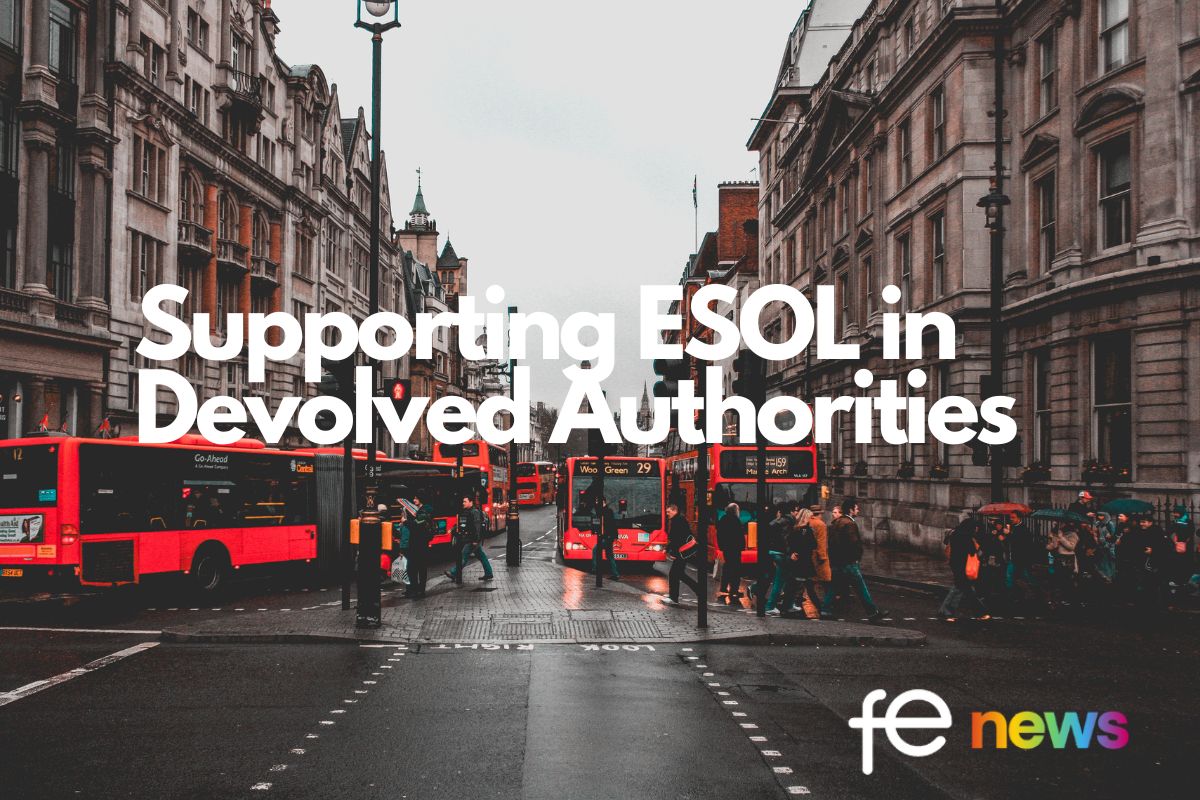What affect is Covid-19 having on teenagers that struggle with Period Poverty?

Prior to the outbreak, Plan International UK (@PlanUK) announced that one in every ten teenage girls will have experienced #PeriodPoverty – the problem of not being able to afford sanitary products.
This problem has been picked up by many campaigners that are pushing to overcome the financial barrier between girls and menstruation.
Young girls are growing up in a world where essential period products are out of their financial grasp — and due to the Covid-19 outbreak, period poverty is having a harsher impact than ever before.
The Covid-19 outbreak we are currently living through, is difficult for everyone. However, studies have found that girls and young women are disproportionately affected by health emergencies. In addition to the impact the Covid-19 pandemic is having on girls’ mental health (40 per cent of young women ages 14-21 have said that lockdown has negatively impacted their mental health), the issue of period poverty is also more acute and urgent than ever.
Let’s take a closer look at what we mean by ‘period poverty’, the impact of Covid-19, and what we can do to alleviate the financial strain that many women are facing.
What is period poverty?
Period poverty is the inability to afford sanitary products, but it can also relate to having a lack of understanding of menstruation. One way of understanding the hardships of period poverty is by discussing the ‘toxic trio’.
The toxic trio refers to:
- A lack of vital education about periods, sex, and relationships in schools
- The cost of sanitary products
- The taboo and stigma surrounding menstruation
In relation to the financial aspect of period poverty, governments have come under fire for matters such as the tampon tax, referring to the profits from the VAT charge of 5% applied to sanitary products — and while this might be significantly less than the standard 20% VAT which applies to a whole host of other products, there is still dispute over whether we should be paying tax duties on these products at all.
In addition to government policies and the alleviation of financial strain, work must also be done to dismantle the stigma surrounding menstruation and educate girls everywhere about the normal, healthy process of having a period. Sadly, many still don’t have access to this education. As a result, girls across the globe are growing up in a climate where they can’t afford these essential items, they feel ashamed about their bodies, and they remain uneducated about important elements of menstruation.
What progress has been made — and what is still to be done?
In April 2019, the UK Government’s Department for Education announced its commitment to providing free sanitary products across England’s primary schools by early 2020. The Children and Families Minister in 2019, Nadhim Zahawi, covered some of the key concerns for period poverty campaigners, outlining the move as a step towards enabling girls to meet their full potential, while also leading happy, healthy lives. The classroom is one of the key places for building an understanding of menstruation, and the government has already announced plans to introduce a thorough curriculum on relationships, sex, and health education.
However, the impact of Covid-19 has stunted this positive educational movement. Due to school closures, many vulnerable young people will have missed out on essential parts of their education this year — one of the more concerning areas that they may have forgone is sex education. As stated earlier, menstrual hygiene education is vital, and a lack of it is one of the key elements of period poverty.
Without proper menstrual education at these crucial ages, young girls will suffer more than necessary due to fear, confusion, and lack of knowledge about their period. They may also suffer at the hands of period stigma, without the proper education to break the taboos. Many girls feel like there is something wrong with their bodies and fall into the trap of feeling ashamed about the normal, healthy process of a period.
With the shift to online learning however, schools have had to adapt and find new ways to offer sex and relationship education to their pupils. Thankfully, the NSPCC has published resources, guidance, and training so that teachers can still offer these essential classes. The young people’s sexual health and wellbeing charity, Brook has also created an e-learning platform which offers free training to adults working or living with young people, covering topics such as puberty, sex, relationships and mental health.
As of September 2020, relationships education will become compulsory in all primary schools, and relationships and sex education (RSE) made compulsory in all secondary schools. Teachers and parents can now get to grips with the new curriculum using these online resources, or even embarking in one of the training courses offered by the NSPCC.
Covid-19 and Closures of Schools
All in all, we’ve made impressive progress over the last few years and the government now provides free period products in England’s schools. However, as a result of Covid-19 many of these are now closed or have been servicing a reduced number for the past few months.
With many young girls relying on their schools to provide them with sanitary products (as well as menstruation education), the closures have made sourcing essential products more difficult than ever. One report from the Independent found that a shocking one in ten girls have found it difficult to access or afford period products during lockdown, and a further one in ten were worried about leaving the house for their daily exercise in case of leaking. This has been made even more difficult for those who require absorbent tampons for heavy periods as they cannot afford basic products, let alone those specific to their cycles.
The Impact of Covid-19 on People’s Finances
The virus has had a devastating impact on many peoples’ lives. Due to closures, job losses, and the lack of sex education, it has also placed young, already vulnerable, people in further financial turmoil.
In the UK, as of the 18th of May, the share of people whose finances were most severely impacted by Covid-19 reached 24 per cent. Many businesses have faced turmoil, leaving a vast amount of employees unemployed or furloughed at a lower wage. In fact, as many as one in five British workers have been furloughed since the outbreak of the pandemic.
Because of this, people are finding it more difficult than ever to source necessities, such as sanitary products.
WEST LONDON COLLEGE JOINS COLLEGES NATIONWIDE TO LAUNCH #FE FOODBANK FRIDAY: @WestLondonCol is launching its ‘Just Giving’ web page to raise money for local foodbanks this Friday (1 May 2020) in Ealing and Hammersmith & Fulham. The College has joined the… https://t.co/F911w9OMGd pic.twitter.com/67NZAjQZr2
— FE News – The #FutureofEducation News Channel (@FENews) May 4, 2020
Thankfully, charitable operations, many of which have seen a surge of volunteers since the furlough scheme was rolled out, have been working tirelessly throughout the Covid-19 crisis. After talking to volunteers at the West End Foodbank in Newcastle, we found out that companies (such as Morrisons) as well as individuals, have been generously donating sanitary products throughout the pandemic.
However, cycle-specific products should be kept in mind while making donations to charities such as foodbanks — try to vary the products you donate so that there is something suitable for everyone. For example, one Newcastle West End Foodbank volunteer informed us that sanitary pads are far more commonly donated than tampons.
We also learnt that sanitary products are now being included in every pre-packed parcel, meaning that everyone who uses this foodbank now has access to some essential products for free.
Together, we can support foodbanks and other charities by learning which non-food donations are in great demand, dropping off donations to our local foodbank, or even volunteering there.
It is our collective duty to share and support each other through such a difficult time, so let’s tackle period poverty and help others during lockdown. As well as raising awareness and staying educated regarding period poverty, it is helpful to donate sanitary products to your local foodbank and support charities such as ActionAid UK and Bloody Good Period. Together, we can get through this, but only if we continue supporting those who are vulnerable and in need of financial aid during this challenging time.











Responses